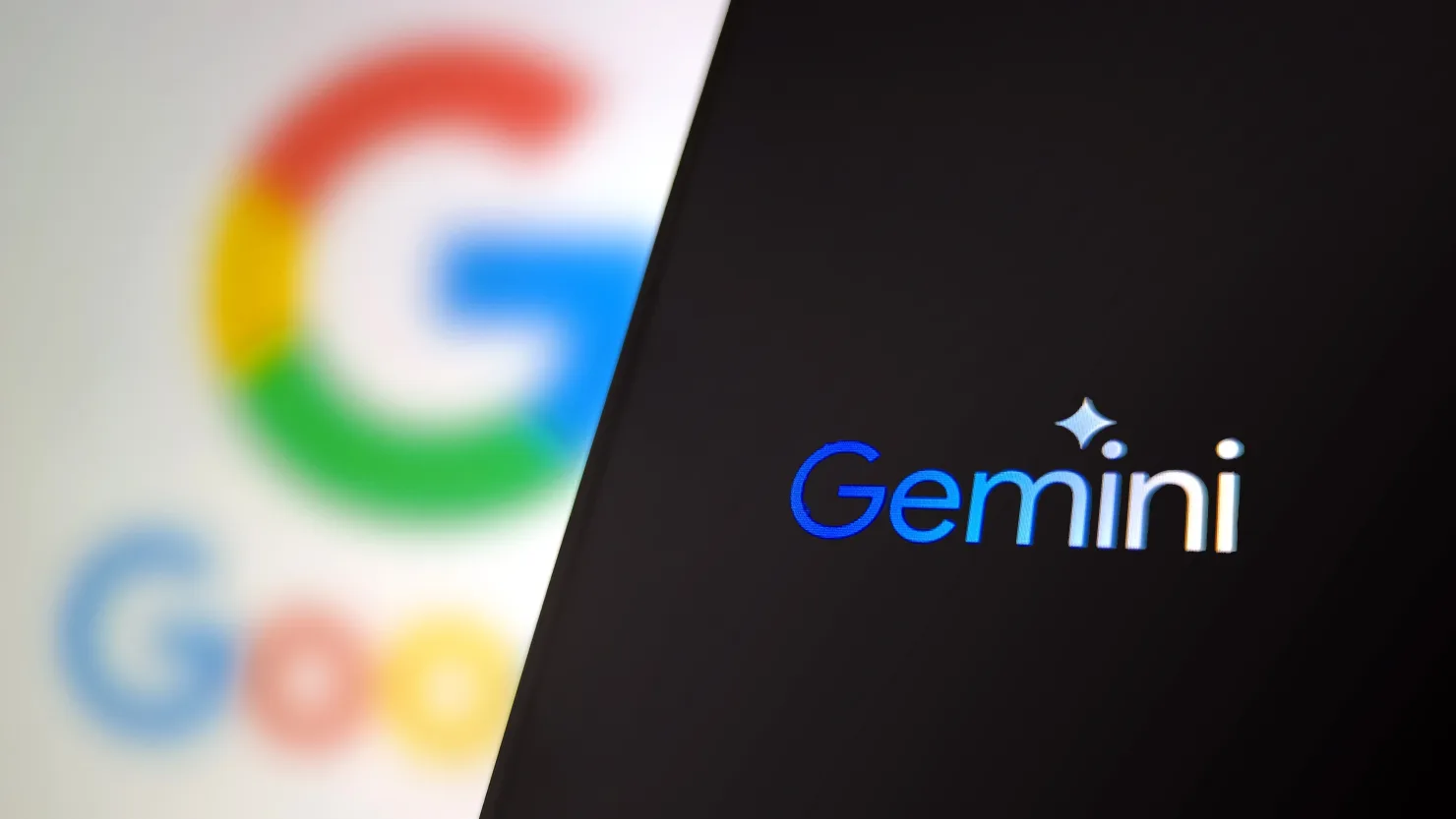Google has announced its decision to sign the European Union’s voluntary code of practice for general-purpose AI models, a move intended to support broader access to advanced artificial intelligence tools across Europe. The decision sets Google apart from Meta, which recently declined to endorse the guidelines, citing potential threats to innovation.
In a blog post, Google stated that it hopes joining the code will help ensure that European citizens benefit from the latest AI developments as they become available. The company highlighted the economic potential of AI in Europe, estimating that the widespread deployment of AI technology could boost the region’s economy by as much as €1.4 trillion ($1.62 trillion) annually by 2034.
The voluntary code is designed to help companies align with the EU’s recently adopted AI Act, which introduces transparency, safety, and accountability standards for the development and use of general-purpose AI systems. While participation in the code remains optional, it represents an important framework as the EU begins implementing its comprehensive AI legislation.
Despite its endorsement, Google also expressed reservations about the guidelines. The company warned that aspects of the AI Act and the accompanying code could unintentionally hinder innovation in the region. Specific concerns include provisions that may conflict with EU copyright law, create delays in regulatory approvals, or require disclosures that could compromise trade secrets.
Such regulatory burdens, Google cautioned, could put European AI developers at a disadvantage compared to global competitors. The company stressed the need for a balanced approach that both ensures responsible development and fosters innovation within the EU.
Meta, which previously expressed support for AI regulation in general, publicly refused to sign the EU’s code. The company called the code an overreach and criticized it for introducing legal ambiguities and excessive compliance demands. Meta’s global affairs head described the EU’s direction on AI policy as a misstep that could restrict the region’s growth in the field.
As the EU moves forward with implementing its AI Act, the divide between major tech firms like Google and Meta underscores broader tensions between governance and innovation in the evolving AI landscape.
READ MORE:
